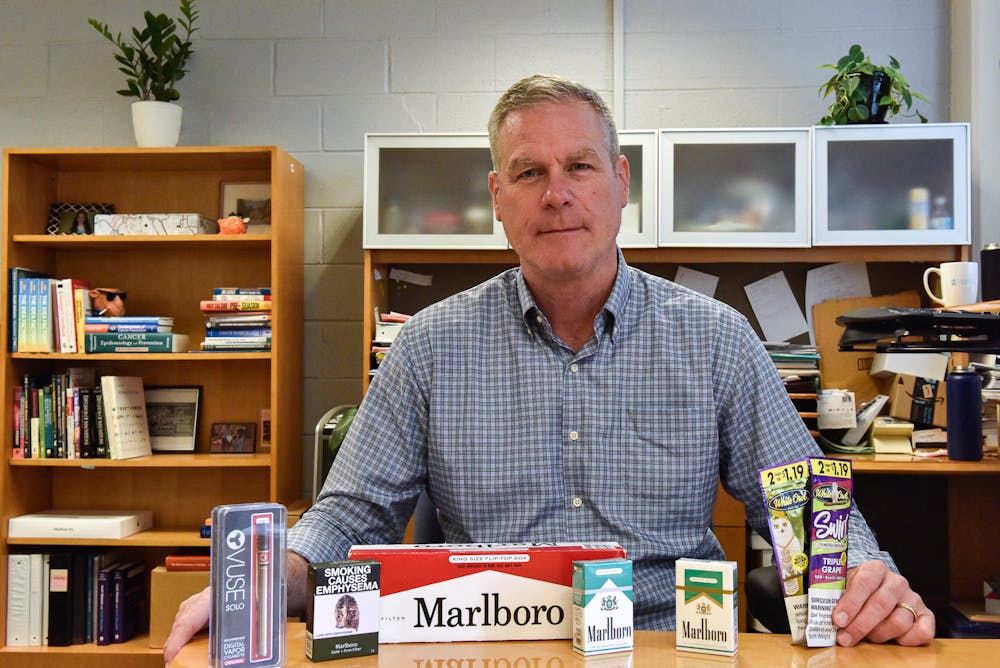Last month, selected from roughly 40 organizations, UNC was chosen as one of the seven recipients of a research grant to study tobacco regulation and marketing.
The University received $18,642,346 from the Food and Drug Administration to fund the five-year research project, which will study the race, sexuality, age and socioeconomic status of tobacco product users.
Researchers say disparities in tobacco use are evident, even among college students.
“I'm pretty certain that, at UNC, disparities are higher in the use of tobacco products among LGBT students,” primary investigator Dr. Kurt Ribisl said. “I can also see that currently, to young adults, e-cigarettes are the preferred product over cigarettes.”
The funding comes with the University's involvement in the third cohort of the Tobacco Centers of Regulatory Science, among other accompanying schools, including Yale, Ohio State and the University of Michigan.
This TCORS cohort is a crucial part of the Tobacco Regulatory Science Program, an interagency partnership between the FDA and the National Institutes of Health.
Ribisl said that, as a participant, UNC will take part in four research projects. It will also receive shared administrative and training resources to guide the success of the projects.
The first project, led by professors Dr. Adam Goldstein and Justin Byron, involves developing a communication campaign to reduce youth desire to use tobacco products.
The leaders of the second project, professors Marissa Hall and Noel Brewer, will use the UNC Mini Mart to study if an innovative “quit smoking” campaign could make a ban on menthol cigarettes more effective, with a focus on racial disparities in smokers.




